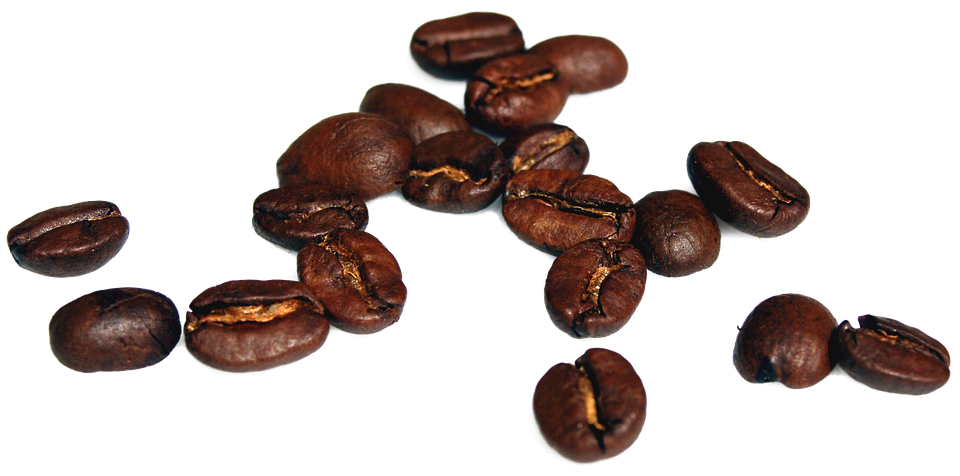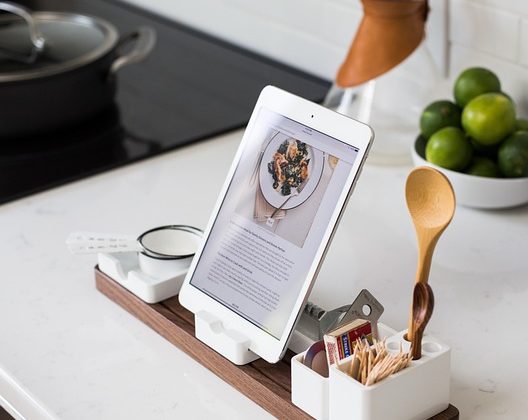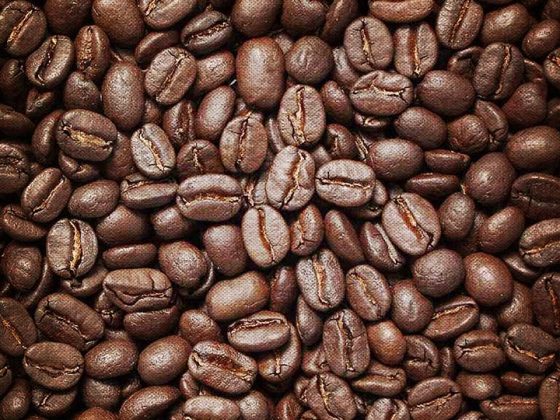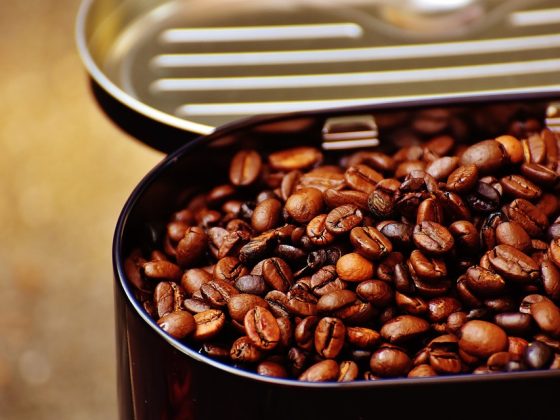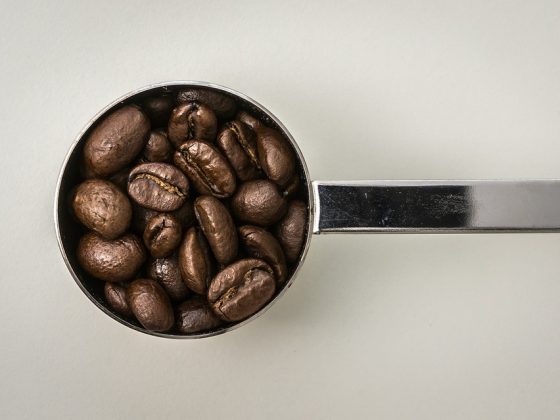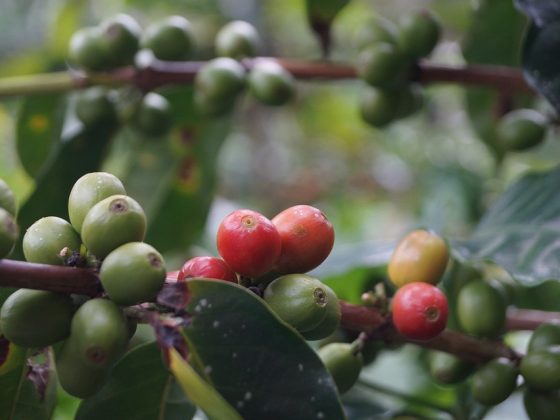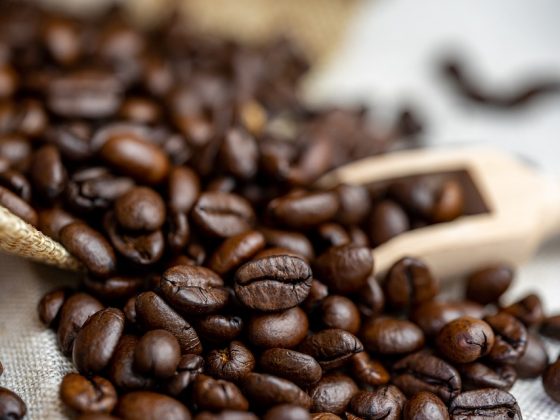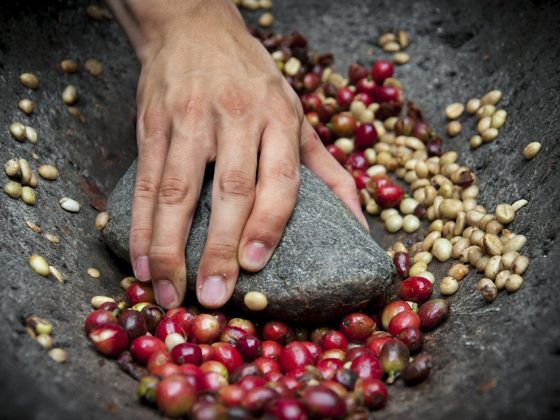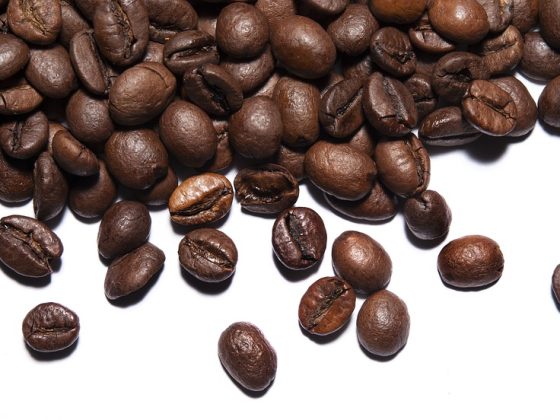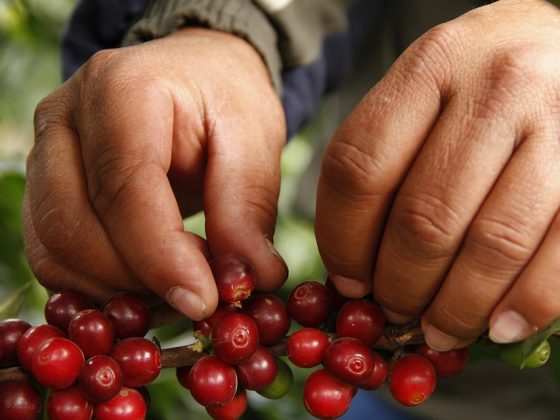end.
Coffee is one of the most popular beverages in the world, with millions of people around the globe starting their day with a hot cup of joe. However, along with its popularity, there are many myths and misconceptions surrounding coffee beans that may leave consumers feeling confused about what they are actually drinking. In this article, we will debunk some common coffee bean myths and provide you with the information you need to know about this beloved beverage.
Myth #1: Dark roast coffee is stronger than light roast coffee
One of the most common misconceptions about coffee beans is that dark roast coffee is stronger than light roast coffee. In reality, the strength of coffee is determined by the amount of coffee grounds used and the brewing method, not by the roast level of the beans. Dark roast coffee beans are roasted for a longer period of time, which brings out the bold flavors and aromas, but it does not actually make the coffee stronger in terms of caffeine content.
Myth #2: Espresso beans are a separate type of bean
Many people believe that espresso beans are a special type of coffee bean that is used specifically for making espresso. However, espresso beans are simply coffee beans that have been finely ground and brewed using a specific method to create a concentrated shot of coffee. Any type of coffee bean can be used to make espresso, as long as it is finely ground and brewed correctly.
Myth #3: Coffee beans should be stored in the freezer to keep them fresh
Contrary to popular belief, storing coffee beans in the freezer can actually do more harm than good. Coffee beans are porous and can easily absorb odors from other foods in the freezer, which can affect the flavor of the coffee. Additionally, the moisture in the freezer can cause the coffee beans to deteriorate more quickly. Instead, store your coffee beans in an airtight container in a cool, dry place to maintain their freshness and flavor.
Myth #4: Coffee beans should be washed before brewing
Some people believe that coffee beans should be washed before brewing to remove any dirt or debris. However, coffee beans are roasted at high temperatures, which kills any bacteria or contaminants that may be present on the beans. Washing coffee beans can actually strip away some of the natural oils and flavors that contribute to the richness of the coffee. It is best to simply grind the beans and brew them as is, without washing them first.
Myth #5: Organic coffee beans are always better than non-organic
While choosing organic coffee beans may be important to some consumers for environmental or health reasons, it does not necessarily mean that organic coffee is superior in terms of taste or quality. The flavor of coffee is influenced by a variety of factors, including the region where the beans are grown, the altitude, the roasting process, and the brewing method. Non-organic coffee beans can also be of high quality and produce delicious coffee, so it ultimately comes down to personal preference.
Now that we have debunked some common coffee bean myths, let’s move on to some frequently asked questions about coffee beans:
FAQs:
Q: What is the best way to store coffee beans?
A: The best way to store coffee beans is in an airtight container in a cool, dry place away from light and moisture. This will help to preserve the freshness and flavor of the coffee beans.
Q: How long do coffee beans stay fresh?
A: Coffee beans are at their peak freshness for about 2-4 weeks after roasting. After that, they will begin to lose some of their flavor and aroma. It is best to buy coffee beans in small batches and use them within a few weeks for the best taste.
Q: What is the best grind size for different brewing methods?
A: The grind size of coffee beans can vary depending on the brewing method. For example, a fine grind is best for espresso machines, while a coarse grind is better for French press. It is important to adjust the grind size according to the brewing method to achieve the best results.
In conclusion, understanding the truth behind common coffee bean myths can help you make informed decisions about your coffee consumption. Whether you prefer dark roast or light roast, organic or non-organic, espresso or drip coffee, knowing the facts about coffee beans can enhance your enjoyment of this beloved beverage. So brew yourself a fresh cup of coffee, sit back, and savor the rich flavors and aromas that only a good cup of joe can provide.

